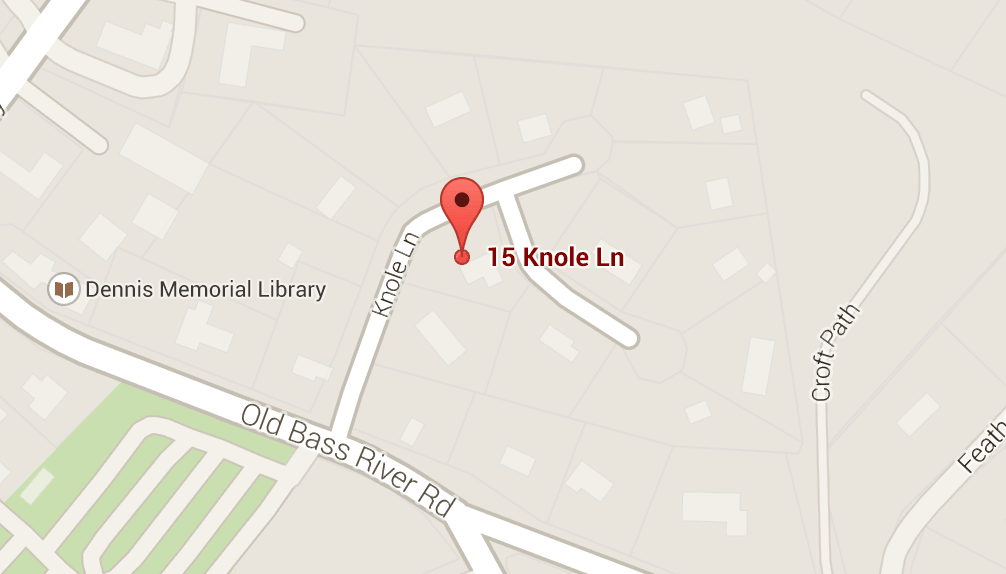The difference between "mappable" and "valid"
A "mappable" address is not necessarily a "valid" or officially recognized (mailman-deliverable) address. This is why Google Maps, Waze, Apple Maps and Bing Maps are often able to map addresses that Smarty marks as invalid. In other words, Google Maps will show you where an address WOULD be if it is real. They do not tell you IF it is real.
Smarty only considers an address to be valid if (1) there is a mail-receiving structure such as a home or business at that address, and (2) the address of that structure is recognized by the United States Postal Service or another official mail service in the case of international address validation.
The behavior of mapping services from Google, Bing, Apple, and Waze will plot a point close to where the address would be, but it does not perform postal address verification to confirm that the given address exists. If the street, city, and state all correlate, then mapping programs will guess where that primary number might be on the street. This does not mean that there's a structure you could visit with that address, nor does it mean that you could send mail to that address.

Is this address actually valid? Map services don't verify addresses.
The bottom line is this: What do you want to know about the address—where it would be if it were real, or if the address actually is real? Maps are great for showing you where an address might be; our service is great for helping you know if an address is real and deliverable.
Some examples
12 Knole Ln, Dennis MA
Is it mappable? On Knole Lane, the valid address ranges are: 1-15 (odd), 2-98 (even), and 17-99 (odd) according to the USPS. Maps know that the city, state, and street are real. Since the address does certainly fit within the valid ranges, Google Maps will show you where it should be located on a map.
Is it real? If you try to mail something to that address, it will not be delivered because it's not a valid address. In fact, of all the possible addresses between 1 and 99 on that street, there are only two that are deliverable: 30 Knole Ln and 33 Knole Ln. Smarty will let you know that the address is not valid.
1906 Camelia St, Barnwell SC
Is it mappable? On Camelia St, the valid address ranges are 1-99 (odd), 2-98 (even), 100-198 (even), 101-199 (odd), 200-298 (even), 201-299 (odd), 301-399 (odd), and 1900-1998 (even). Since the address fits within those ranges, Google Maps will show you where it would be located.
Is it real? If you mail something to that address, it will not be delivered. Of all the possible addresses between 1 and 1999 (odd and even) there are 25 deliverable addresses on that road. Most are below 363 and then there is 1904 off by itself. Because the city/state and street are valid but not the primary number, Smarty will let you know that the address is not valid.
180 Thomas St, Williston SC
Is it mappable? On Thomas St, the valid address ranges are 1-99 (odd), 2-98 (even), 100-198 (even), and 101-199 (odd). The only valid address is 112 Thomas St. But since 180 fits into the valid possible ranges, Google Maps will be able to show where the address might be.
Is it real? Since there is no valid address located at 180 Thomas St in Williston, SC, Smarty will correctly tell you the address is invalid. However, if the input address had been 180 Thomas (without the street suffix) our system returns a valid address because there is a positive match on 180 Thomas Lane. If there were a valid address on 180 Thomas St AND on 180 Thomas Ln, our system would return both addresses in the results.
Google recently launched their Google address validation product as an addition to their Places APIs line under the Google Maps Platform. The validation API operates as a standalone product that isn't present in their address autocomplete, places, and other mapping APIs. So, their mapping still doesn't validate or standardize address data. Learn more about how Google Address Validation operates and its abilities and limitations.